Keywords: Society
There are more than 200 results, only the first 200 are displayed here.
-
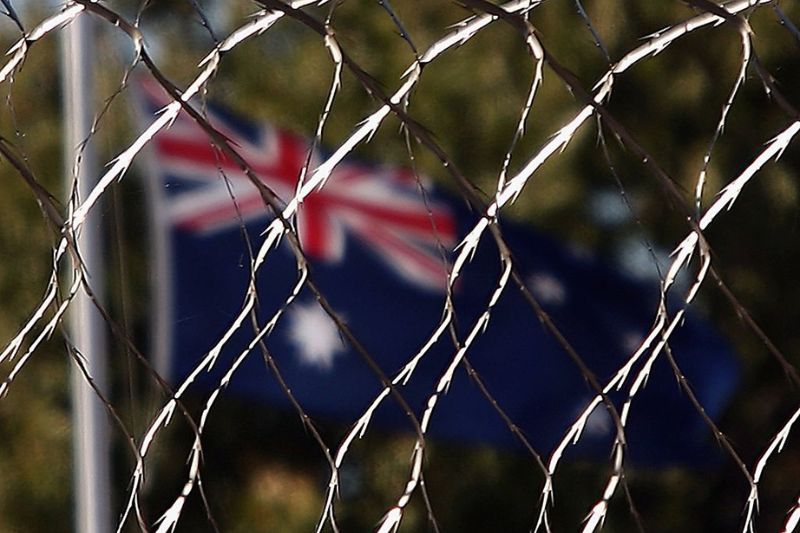
AUSTRALIA
- Andrew Hamilton
- 21 September 2023
In a better world, people who seek protection in Australia and people removed from prison would not be detained in the same detention centres. But the grounds for differential treatment are not based on the difference between guilty and innocent people; between asylum seekers and 'hardened criminals'. Both groups are worthy of respect and compassion.
READ MORE
-
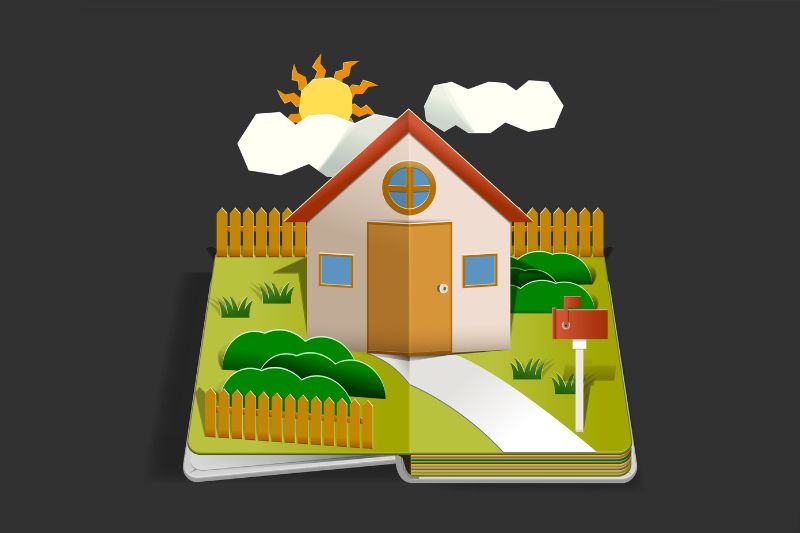
AUSTRALIA
- John Falzon
- 21 September 2023
3 Comments
In the face of Australia's pressing housing crisis, is the solution merely a question of funds, or does it demand a deeper overhaul? Many are calling for a transformed government role, one that abandons the shackles of neoliberalism, prioritises social infrastructure, and champions the collective good over select interests.
READ MORE
-

AUSTRALIA
- Andrew Hamilton
- 19 September 2023
In our data-driven age, numbers shape perceptions, often shadowing reality. But should they define our entire understanding? Perhaps it's time to occasionally detach from the numerical deluge and truly value the essence of what and who matter.
READ MORE 
-

RELIGION
- Bill Uren
- 15 September 2023
3 Comments
As society grapples with evolving concepts of gender, and as the Catholic Church has maintained a stance in conflict with modern gender theory, recent statements by American bishops spotlight the chasm between doctrine and contemporary gender theories. Can these differences be resolved?
READ MORE 
-
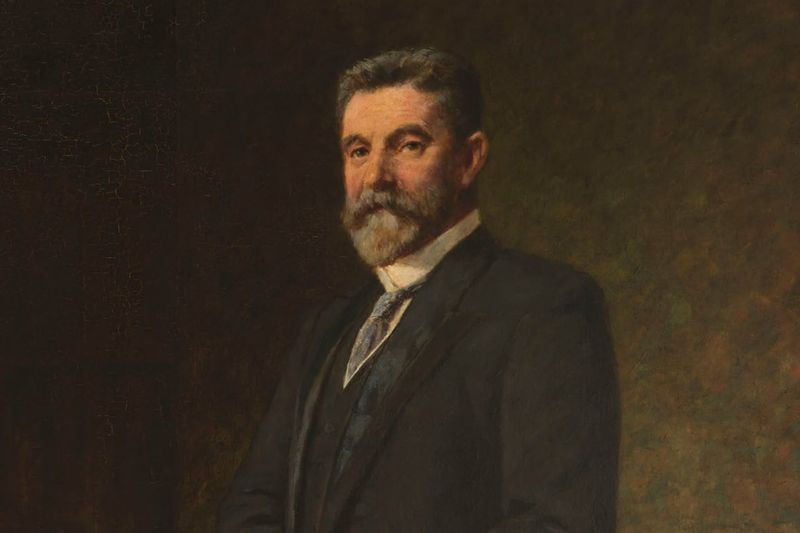
AUSTRALIA
- Andrew Hamilton
- 14 September 2023
4 Comments
As the legacy of historical figures is reevaluated, Alfred Deakin, Australia's second Prime Minister, finds himself under recent scrutiny. A champion of Federation, Deakin also held views towards Indigenous Australians now regarded as abhorrent. But is erasing his name from a university the right step?
READ MORE
-
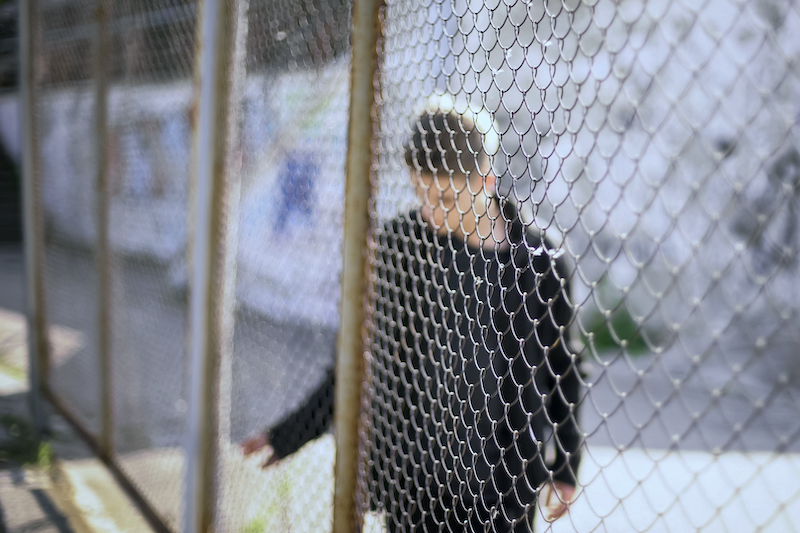
AUSTRALIA
- Andrew Hamilton
- 07 September 2023
4 Comments
On the face of it, the decision of the Queensland Government to pass an amendment to permit holding children in police cells was a desperate and discrediting action. Underneath it, however, was a complex coming together of events, prejudices and attitudes.
READ MORE
-

ENVIRONMENT
- Sarah Bacaller
- 06 September 2023
Fast fashion's allure is undeniable, but the environmental and ethical tolls it exacts are staggering. With 200,000 tonnes of clothing dumped annually, the pressing question is: How can fashion be sustainable and ethical? In a world drowning in disposable clothing, can we redesign the fabric of our consumer habits?
READ MORE
-
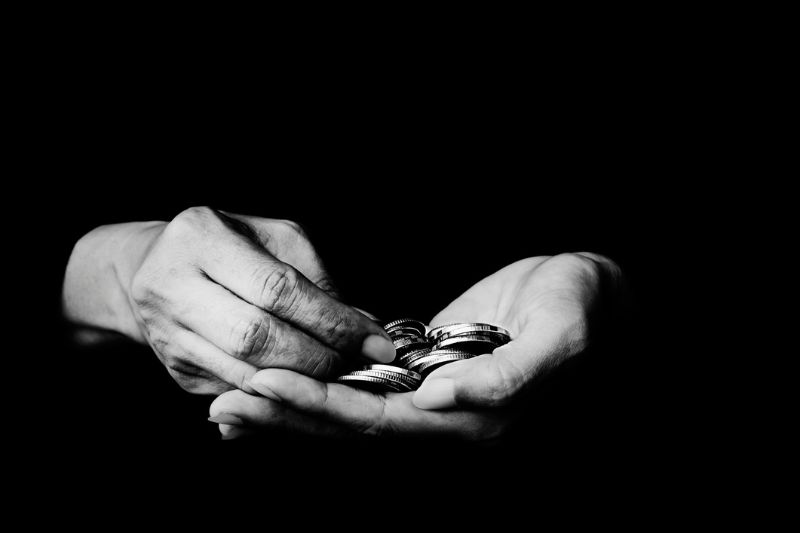
AUSTRALIA
- Mark Gaetani
- 02 September 2023
A new report for St Vincent de Paul Society suggests minor tax and welfare tweaks could lift 834,000 Australians from poverty. Amidst skyrocketing rents and income disparities, the call for an empathetic economic overhaul is louder than ever.
READ MORE
-
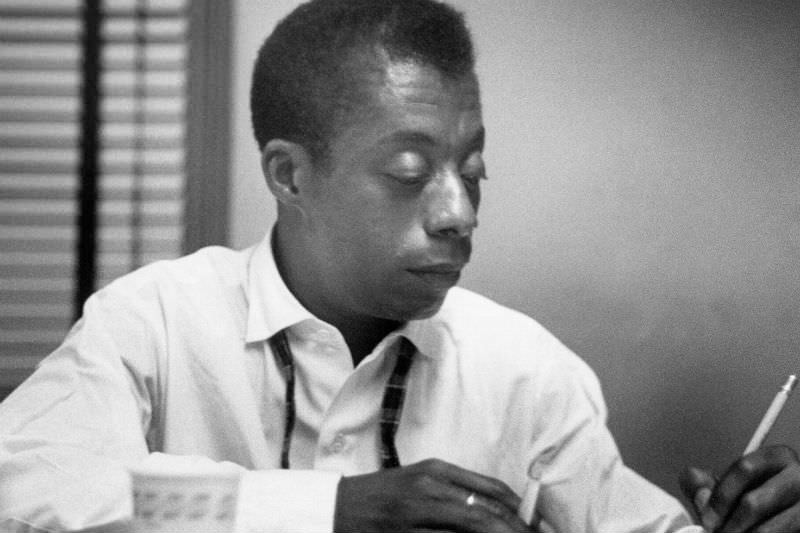
ARTS AND CULTURE
- Mark Tredinnick
- 31 August 2023
3 Comments
Amid shifting perceptions and the fluidity of names, our understanding of self dances on the edge of subjectivity. Traversing the landscape of literature, we're invited to confront our own reflections, to ask what truly defines us in a world that is ever-evolving, and to look beyond the obvious and into the heart of our shared human experience.
READ MORE
-
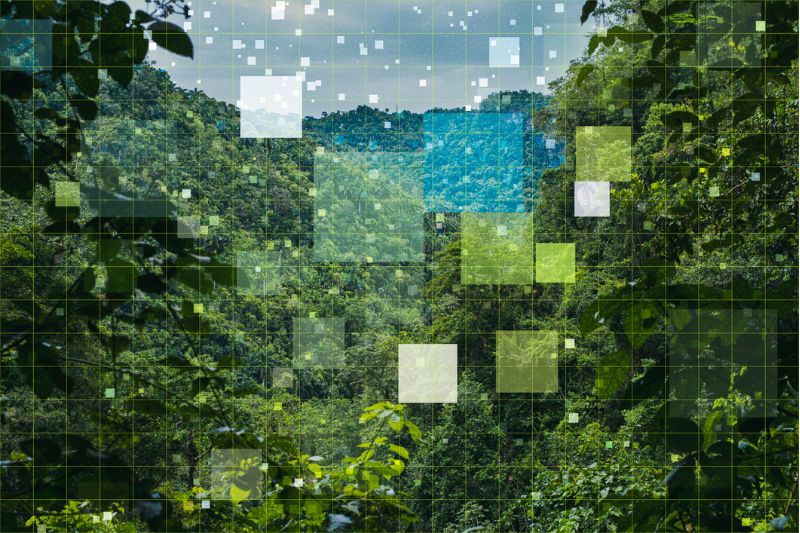
FAITH DOING JUSTICE
- Andrew Hamilton
- 31 August 2023
3 Comments
The immediacy of the climate crisis and the paradigm shift ushered in by Artificial Intelligence are reshaping our world, leaving the marginalised bearing the brunt. As technological advancements raise complex ethical questions, what does it mean to be socially accountable in an age where the lines between reality and illusion grow ever thinner?
READ MORE
-
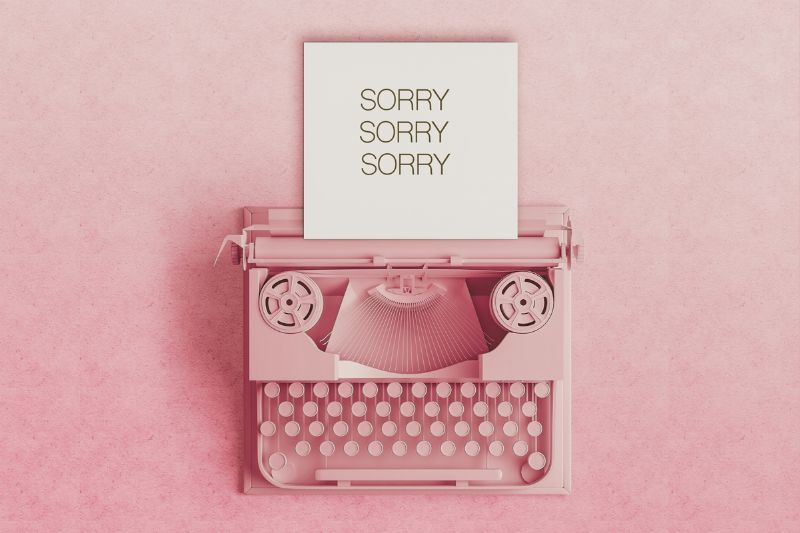
AUSTRALIA
- Tony Thompson
- 31 August 2023
In an era where victories are celebrated and mistakes are concealed, the power of the simple phrase 'I am sorry' seems to be vanishing. From personal slights to public gaffes, our society seems increasingly averse to accepting responsibility and offering genuine apologies. But why has this sentiment become so rare, and what does its absence say about the values we hold?
READ MORE
-
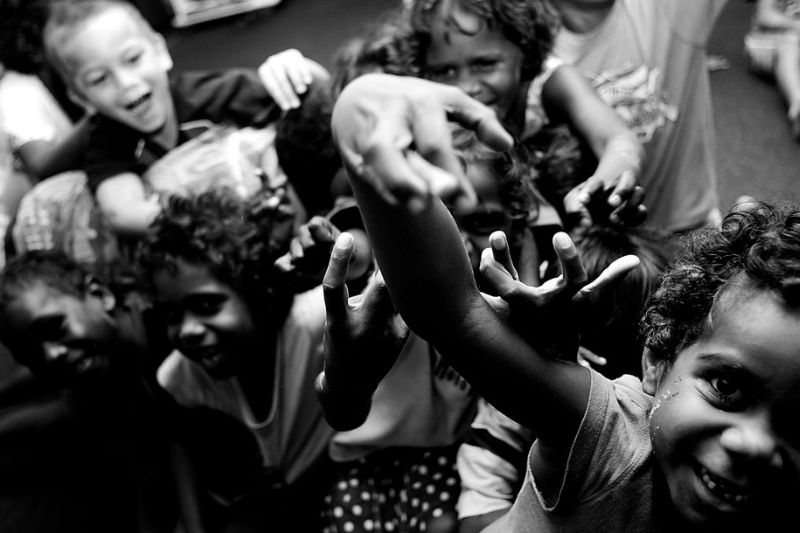
AUSTRALIA
- Brian McCoy
- 30 August 2023
16 Comments
The Kimberley region stands as a testament to both the enduring spirit of Australia's Aboriginal communities and the shadows of colonisation. As the Referendum looms, the potential for a united Voice beckons, inviting Australia towards a harmonious future.
READ MORE